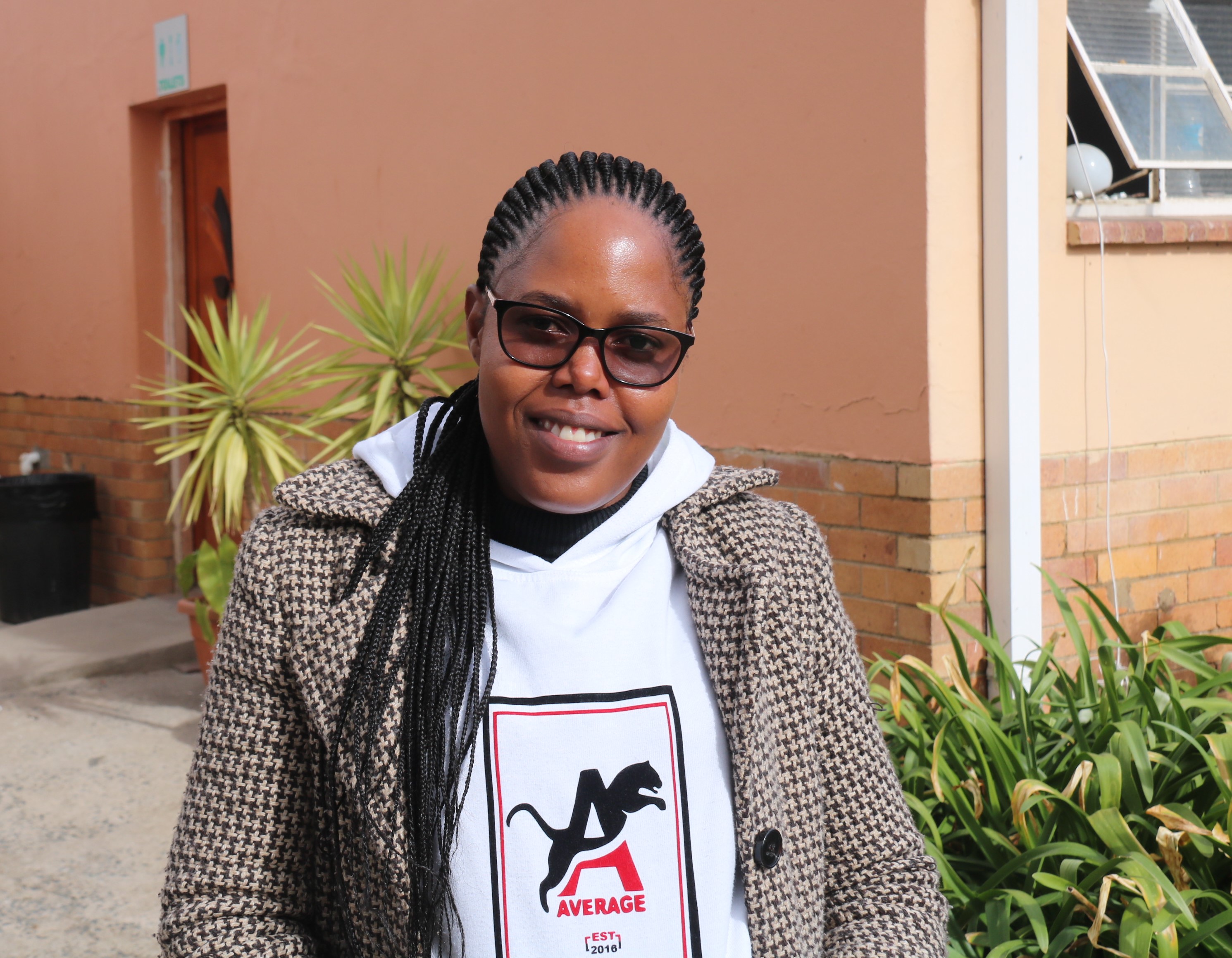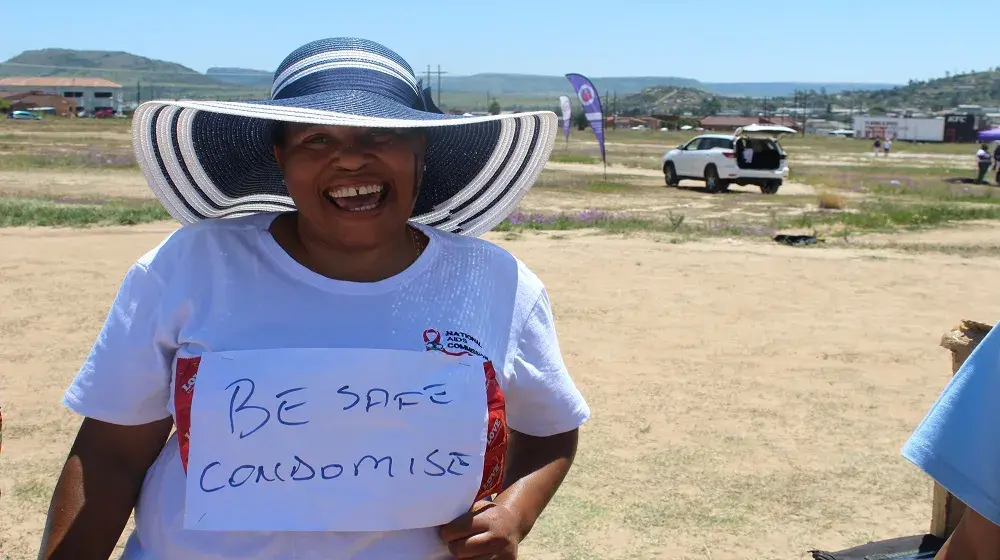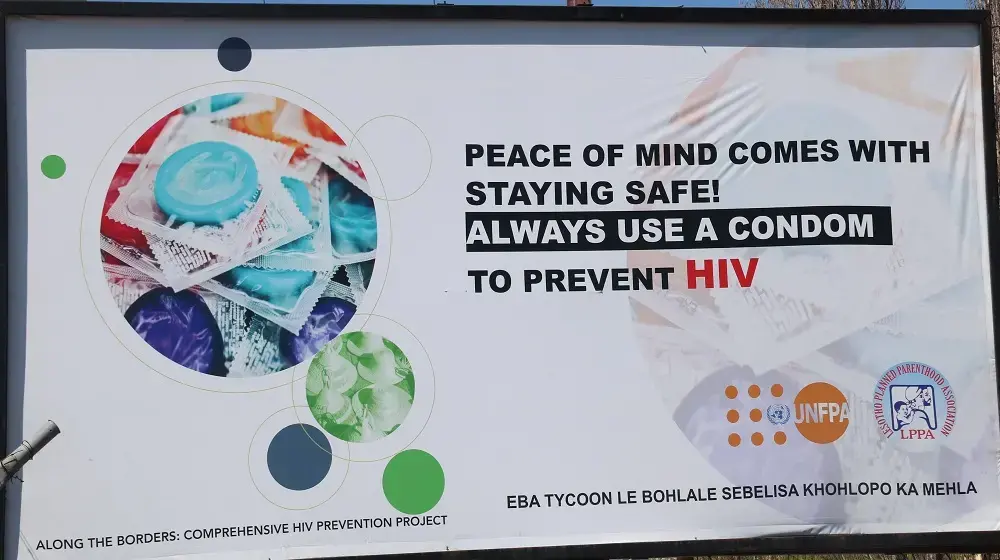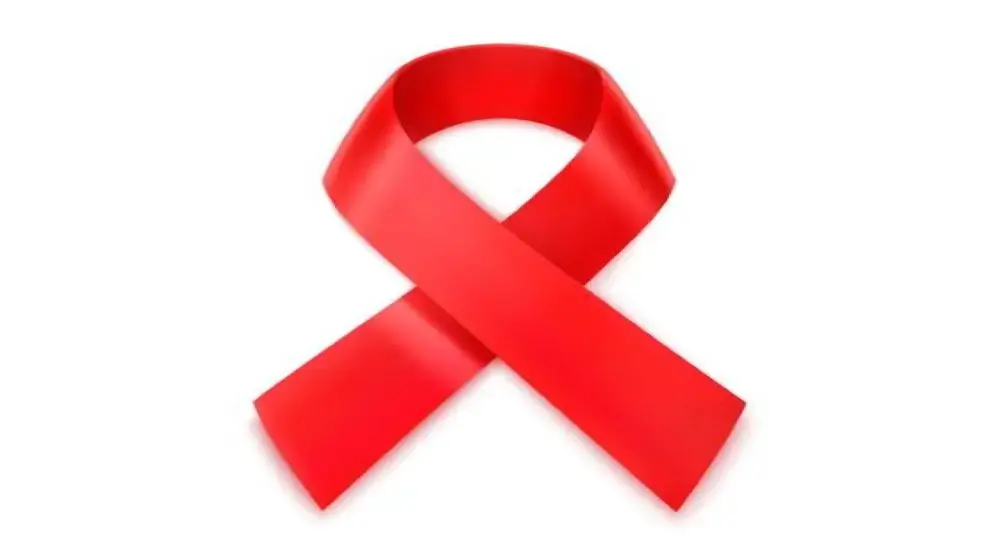UNFPA, the United Nations Population Fund is supporting ongoing District Orientation and Capacity Building of District AIDS Committee Members and Councilors, Community Council Secretaries and Journalists in three districts of Lesotho with the highest HIV prevalence, to ensure an effective and efficient coordination and implementation of HIV and AIDS Programmes with a meaningful and high level of stakeholder involvement at the decentralized level.
UNFPA is supporting the National AIDS Commission in undertaking the training in Mohale’shoek district, where HIV prevalence is the highest in the country at 29.3%, Quthing which is at 26.5 % and Mokhotlong which is at 26.1%.
According to the HIV Coordinator in the Ministry of Local Government, Mr Malefetsane Nkhabu, the aim is for the three districts to effectively perform duties mandated to them – decentralizing response coordination on HIV and AIDS in local government structures.
“We want them to understand the situation around them,” he has said adding that they are also capacitated on the five HIV prevention pillars; Combination prevention for adolescent girls, young women and their male 
in high-prevalence locations; Combination prevention for key populations; Comprehensive condom programming; Voluntary medical male circumcision and sexual and reproductive health services for men and boys and initiation to Pre-exposure Prophylaxis.
He added that participants are also being familiarised with the gateway approach which places the local authorities in the forefront of the fight and prevention of HIV and AIDS, while also linking it with community services -putting services at the centre of the response and also aligning with the National Strategic Plan to ensure that 40% of the response is at community level.
After the training, they are expected to prioritise plans on the impacts and needs of the communities following services brought by different service providers available in the districts.
Speaking about the impact of COVID19, he has lamented lack of the necessary data due to the inability to track activities happening around the communities as Service Providers are not able to perform effectively as they are at the risk of impeding the COVID19 protocols adding also the inability to regularly meet the District AIDS Committees and as thus hindering the process of operationalising work plans.
One of the Councillors from Ha Khoelenya , Mekaling in the Mohale’shoek district Mrs ‘Maseetsa Majara finds the training as important, “because it is empowering us and we are going to share the information with those in our communities. I believe this will be one of the ways to ensure that we have good health as the Basotho nation.”
The Councillor, who is also a member of the Mohale’shoek Social Services District Committee believes Lesotho will reach the set 2030 agenda goals which she heard about for the first time during the workshop.
What she sees as a setback though, is that in Mohale’shoek there is a lot of entertainment areas where intergenerational sex is rife putting young people at the risk of unwanted pregnancies, unsafe abortions and infections to HIV.
She therefore encourages vigorous promotion and distribution of condoms and education especially to young people.
A Journalist working for Bokamoso FM who also participated in the training Matseliso Sekake Makibi, was optimistic, saying the fact that Lesotho has reached the 90 90 90 targets means that the country will also reach the 95 95 95 targets.
“Journalistically, I now know I have reliable sources of information in the District AIDS Committees and where I can get them. As a Journalist who is going to focus on HIV prevention, I am going to call in people who will talk about issues related to HIV prevention in my radio program. I am now knowledgeable and I will be able to ask the right questions,” she has said, adding that the workshop has motivated her.
For UNFPA, the approach to HIV is based around three strategies: promoting human rights and reducing inequalities, integrating HIV responses into sexual and reproductive health care, and preventing sexual transmission of HIV.
UNFPA in Lesotho is also supporting a comprehensive HIV prevention project called “Along the borders,” which focuses on preventing HIV transmission and improved access to Sexual and Reproductive Health and Rights information and services along Lesotho’s three porous borders of Maseru, Maputsoe and Mafeteng. These are the busiest borders which are deemed highly porous and catalytic to transmission of new HIV infections, hence the project is targeting migrants, long distance truck drivers, youth and key populations along these borders.





